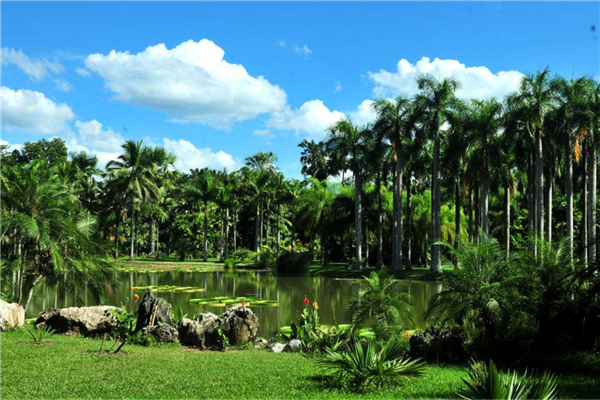Folklore and medicine have long been intertwined in traditional healing practices across cultures. These practices are based on the belief that natural remedies and rituals, passed down through generations, can cure ailments and restore physical and mental health.
While scientific medicine often dismisses traditional healing practices as superstitious, many of these practices have proven to be effective in treating illnesses. Indigenous communities, for example, have used plants like echinacea to boost immunity and alleviate symptoms of the common cold. The practice of acupuncture in Chinese medicine is another example that has gained widespread recognition and is even becoming more commonly used in Western medicine.
Folklore, or the traditional beliefs, customs, and stories of a culture, often plays a key role in these traditional healing practices. Many remedies and rituals have an underlying symbolism that is tied to folklore, such as the use of certain plants that are believed to have transformative properties or the use of amulets to ward off evil spirits. These beliefs and stories are central to the cultural identity of the communities that practice them.
One of the challenges of traditional healing practices is the lack of regulation and standardization. Different cultures have different practices and beliefs, and some practices may even be harmful if not carried out correctly. Furthermore, traditional healers, who are often the keepers of these remedies and rituals, may not always have access to scientific knowledge that can improve their effectiveness.
Despite these challenges, traditional healing practices continue to be revered and sought after by many. For those who feel alienated by Western scientific medicine, or who prefer a more holistic approach to medicine, traditional healing practices offer a viable alternative. Moreover, the resurgence of interest in traditional healing practices in recent years suggests that they may have much to offer modern medicine.
In conclusion, the intersection of folklore and medicine in traditional healing practices is a rich and complex subject. While cultural beliefs and traditions play a significant role in these practices, the effectiveness of many remedies and rituals cannot be discounted. As we continue to explore alternative approaches to medicine, we may find that traditional healing practices have much to teach us.
(Note: Do you have knowledge or insights to share? Unlock new opportunities and expand your reach by joining our authors team. Click Registration to join us and share your expertise with our readers.)
Speech tips:
Please note that any statements involving politics will not be approved.
